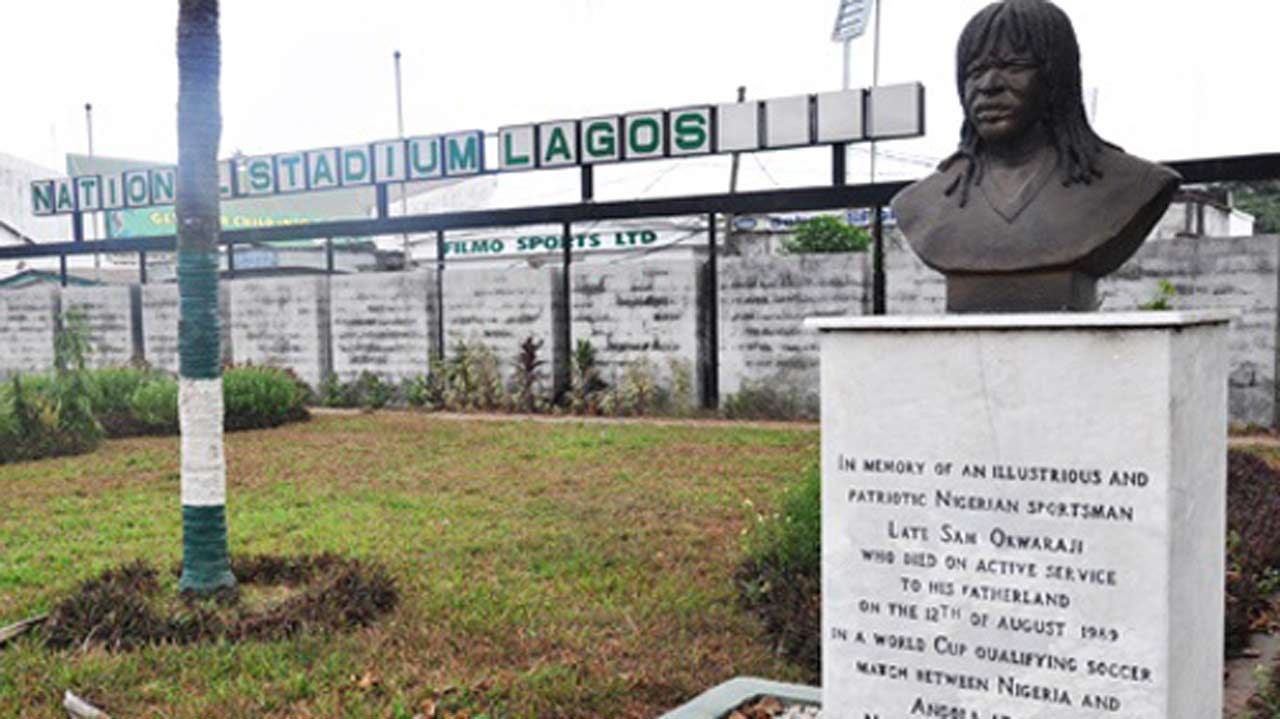A Reflection on History and Interpretation
If historians can’t arrive at sole ‘objective truths’ of events that occurred in the past, why do we need them? What is the role of History in the world?

As a school pupil in the 90s and early 2000s, your baptism into Nigerian lore was incomplete until you knew by heart the factoid that was Nigeria’s 1-99 loss to the Indian football team. There were slightly different versions of the tale, depending on where you went schooling, but the core details are consistent.
In a football match featuring lions, fireballs, and other fantastical elements, Nigeria’s Green Eagles trailed India by 99 goals. The one goal Nigeria managed was scored by Samuel Okwaraji, who exchanged his life for breaking the Indian magic. Afterwards, India was banned from football by the governing body. So the story ends.
Today, most people regard the 1-99 story as blatantly fictional, but this wasn’t the case in earlier decades. What made the story so compelling is that parts of it were indeed genuine, particularly the fact of Okwaraji’s death after collapsing in Nigeria’s colours during a football match.

What is ‘Fact’?
When you face an account like the 1-99 story, how do you determine what is ‘fact’? This is what the discipline of History investigates: the nature of ‘fact’. On the surface, this seems to be a simple task. Nigeria and India have never faced off in a football match, and Okwaraji died from congestive heart failure, not from kicking a magical ball-turned-stone. That’s all. Or is it?
Contrary to common expectations, historians are not merely interested in a dry reproduction of ‘facts’. Rather, they are concerned with sources and evidence. However, when dealing with events that occurred in the past, it can be frustrating how many details have been lost or tainted. Hell, we have a limited view of even the present; how much more what’s past?
These challenges force historians to use interpretive methods to arrive at plausibility as a matter of necessity.
Plausibility, not necessarily truth. This is intentional because what counts as a ‘historical fact’ is itself interpretive. That MKO Abiola drank tea is probably not a historical fact, but that he drank tea moments before his death should interest any narrator of his life.1
Why Does History Matter??
What does this mean? History is not a “this is what happened” discipline. This is particularly crucial when multiple accounts of an event may be true at once. Instead, historians are trying to reconcile all available accounts of an event into a cohesive narrative. Essentially: “this is what we can reliably surmise from all the accounts of what happened.” This is an interpretive process.
The methods applied by historians over the years and centuries have sought to answer interpretive questions. For instance, the chronological proximity approach assumes that older versions of a story are more reliable because they are more likely to be first-hand information. However, this method remains fallible because even immediate eyewitnesses may be biased or provide untrue or incomplete information due to other influences.
If historians can’t arrive at sole ‘objective truths’ of events that occurred in the past, why do we need them? What is the role of History in the world?
In some quarters, it is believed that interpretation must be avoided by all means. History, along with the interpretive disciplines of the Humanities, must be relegated in favour of ‘science’, ‘objectivity’, ‘pure facts’, and so on.
Such a perspective misses the point that History, as an interpretive discipline, exists because our collective recollection is flawed. A historian is trying to piece together what a picture must have looked like from its incomplete fragments. And depending on how many pieces are lost, it is not far-fetched for two people to arrive at two different ideas of what the original piece looked like. But that doesn’t rid the reconstruction process of value.
The Contest for History
Thus, History is contestable, and this contestability is not a flaw. It is what distinguishes historians from, say, news reporters.2 But why is it a good thing to debate historical interpretations and narratives? The explanation for this is the present.
Today, power struggles cause people and institutions to distort events before our very eyes. How much more events far removed from us in time? Shall we then discard all accounts of the past as relativistic nonsense? Certainly not. It makes it all the more critical to approach history with the rigour it deserves, as historians strive to do.
I am not a historian, nor do I have any professional training in historiography. However, starting what I (currently) call TLDR History NG as a hobbyist has given me a glimpse into the painstakingness of History and the labour of those who dedicate their lives to preserving society’s collective memory.
I consider my role here to be making these stories from the past accessible to the present audience. So far, I’ve learnt that reading history as a hobby differs from writing it for an audience. But all work that makes people pay more attention to their history is essential. History is inescapable, and interpretation is involuntary.
The particular cause of Abiola’s death remains mysterious, even though claims that he was poisoned with tea are common. I am not here taking a side in that particular debate.
To avoid doubt, news reporters play a crucial role, albeit in a different way from professional historians.




